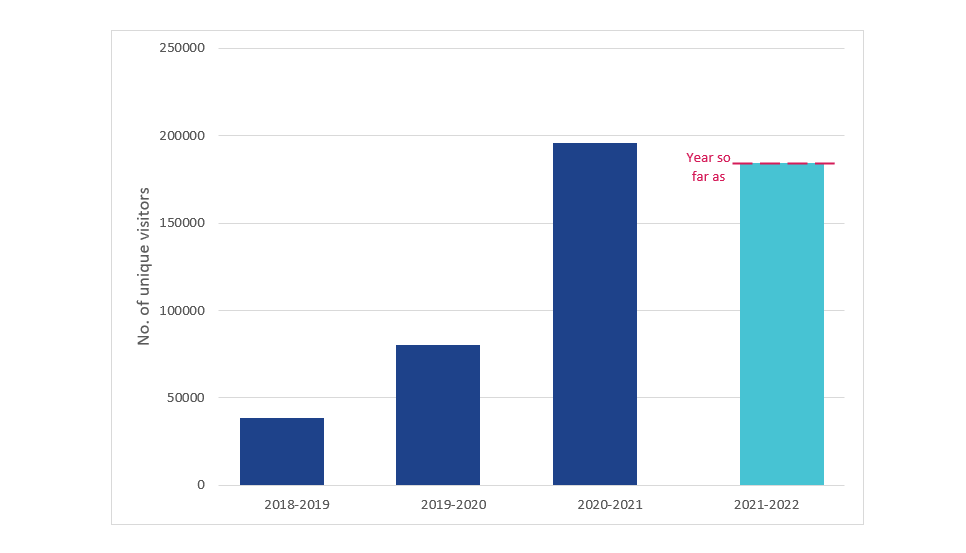Creating the TCFD Knowledge Hub has been one of my greatest achievements and, hopefully, a legacy that will continue long after I have left CDSB. The idea for the Hub came in 2017 from our Managing Director, who came back from an external meeting and announced to the team that we should create an online platform to support the implementation of the TCFD. We planned for a central repository to bring some order to the overwhelming amount of guidance, research and resources that were starting to be published in the wake of the TCFD recommendations.
As we started scoping out the project, I was asked to complete significant research on knowledge management. We wanted to make sure the Hub was underpinned by robust theoretical understanding of how knowledge is created and managed to ensure it met its primary purpose. However, as I dove into the academic literature, I found myself drowning in overly complex diagrams and explanations of the fundamentals of generating and sharing information to build knowledge. For me, knowledge management is a straightforward concept. Fundamentally it doesn’t differ from the basics of teaching and learning, which I studied when I became a high school teacher. Simply put, knowledge needs to be structured in a clear and concise manner to allow users to find it, absorb it and ultimately to understand it. Based on these principles, the TCFD Knowledge Hub was born.
In its first year we saw nearly 40,000 unique visitors, exponentially grew to 80,000 in year two and jumped to 195,000 in year three. Eight months into year four, we already had 180,000 unique visitors and set to break our record again.

A year after we created the Hub, we added the e-learning component. For years, I had spoken about the need for better education on climate-related financial disclosures on a global scale. Workshops and individual engagements allow us to go into depth and fully explain the purpose and technical elements of climate-related financial disclosures. However, the potential audience is limited and we needed education that could reach a global audience. The courses on the Hub are not designed to make users “TCFD experts” but to set the global baseline of knowledge and reach a wider audience.
Our target was to get 800 course completions in four years. We are now just over two years in, and we smashed that target with nearly 13,000 course completions. These courses have been completed by board members, CEOs, sustainability professionals and accountants from 137 territories, the feedback has been overwhelmingly positive.

Everything on the Hub has been carefully created and curated. Together, the resource and report libraries, case studies, summary content pages and educational materials, we have created a collection of knowledge that helps build the basic understanding of climate-related financial reporting on a global scale.
I have really enjoyed being the “keeper” of the Hub. More than anything, I truly hope the Hub has been useful and has set a standard for future knowledge hubs. I had lots of ideas about how we could continue to improve the Hub in its next phase. However, now it is time for a new custodian to take it forward, and I look forward to seeing how it evolves in the future.